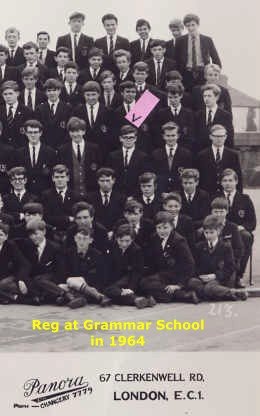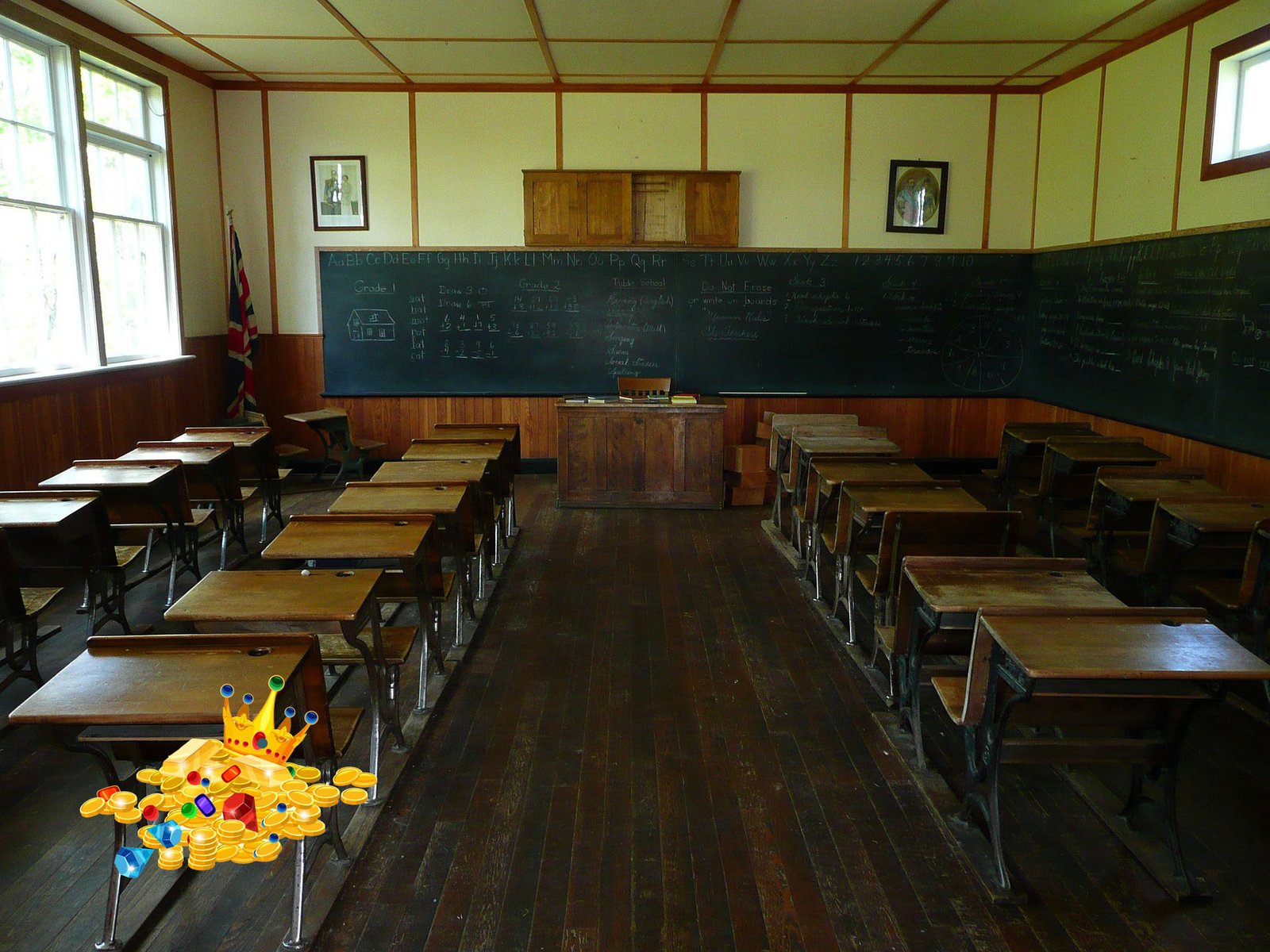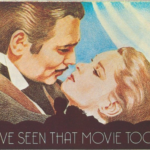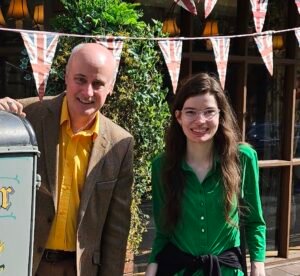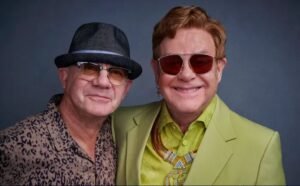BACKSTAGE: School Report 2: Teacher, I Need You —
Posted by George Matlock
Following the popularity of our first School Report, George Matlock talks to Elton fan Judy Williams who recalls Reg at Pinner County Grammar School
Thursday
1 March 2001 @ 2:43
– GMT
George Matlock: If Elton remembers you, what was your maiden name?
Judy Williams: It was Williams. I married, changed my name, then divorced, married a second time, reverting to my maiden name.
GM: How did you come to know Reginald, as Elton was then known?
JW: He was a year above me in school. I started at Pinner County in 1959. So I didn’t know him an awful lot. I knew him probably more than he knew me. We weren’t in classes together. It was through Dick Morgan’s connection at the Royal Academy of Music that I really got to know more of Elton. That was at my third or fourth year at Pinner.
GM: Was there anything about Reg that made people take notice of him?
JW: He was not a bully. He was a pleasant person. Often those in years above you at school throw their weight around, and are intimidating. He never did.
GM: Some people are just conventional, they are just another brick in the wall, to use Pink Floyd’s famous school rebel lyric. How would you describe him?
JW: He stood out insofar as he dressed a little bit differently. But one thing that’s interesting: I’ve looked back through all my old school magazines, and he’s not mentioned even once in those. That’s brick in the wall. That surprises me, because when you think of his achievements at the Royal Academy – he was probably the only person at the school who did that. It didn’t get mentioned at all. I don’t know why. Maybe he didn’t want it mentioned. He never made a big thing about it. He was known for being good musically. He didn’t strut his stuff. He didn’t play sport. He didn’t stand out in any other way.
GM: Perhaps he wasn’t an exhibitionist, and his modesty is what cost him his peer group value. But dressing differently is often a sign of ‘look at me’. In what way was it?
JW: You could always do subtle things with the regulatory school uniforms we all had to wear. Things like the collars of his shirt were different. He had a tie-pin in his collar. Waist-coats were a fashion. And I have a memory of him doing that. He wasn’t tall, and he was podgy. But he just looked smart.
GM: How was he academically? You see him in television interviews and he comes over very articulate, quick-witted, and even interested in the affairs of state. I think he stood for the Conservatives in student elections, didn’t he?
JW: I don’t remember too well.
GM: In that case he didn’t win.
JW: No, and I didn’t vote for him, ha! It rings a few bells. I don’t think anyone of us was particularly politically aware, being young. I was a CND supporter [Campaign for Nuclear Disarmament]. What I do remember was his musical ability being respected by the music and head masters of the school.
GM: What was the music master’s name?
JW: Mr Stoupe. The headmaster, Mr Westgate-Smith, was also very interested in music. He was a lovely man. He held Reg in high regards, although Reg was never written up, nor big in assembly [religious service].
GM: We know now that Elton protects his privacy. He came from a middle class family, and perhaps didn’t feel the need to prove himself as much?
JW: I think you’re very right. I don’t think he even had a nickname at school.
GM: Did other pupils bully him?
JW: Never saw him threatened. I think his musical abilities were enough to hold off trouble. It wasn’t an unpleasant school, but anyone who wasn’t good at sport got bullied. The fact that the headmaster respected him also helped.
GM: Tell us about the 11-plus Grammar school. So you were bright young things?
JW: Ha! When you got to Grammar school, it was only the top form in the school that actually got any attention. So that once you got to Grammar school, having been streamed, you were streamlined again! Anyone who was not in the top form was not valued as much, which I think was very sad. There was an elite of the elite. Those creamed off would go to university. I was initially in the top forms, and I think he was in the mid-streams.
GM: So, academically he didn’t excel.
JW: No he didn’t. I don’t know what his final ‘O’ Level results were, but doubtless passes.
GM: Did you sense at time that he was interested in university? He didn’t go on to do ‘A’ Levels to qualify for university.
JW: No, at the time he was leaving the school in 1964 I went out once with a member of Bluesology, who I think was called John, and I remember we went to a party where Reg was there. He was earning his living through playing music. I found that odd: my career looked as though it would be university, which was the traditional route. He was unusual in that he left school, went to work, but not in a bank or anything like that.
GM: Dick Morgan said he had few recollections of Elton being in the company of girls.
JW: No, I don’t have such recollections either. I remember a group of men whom I loosely would call “dandy” when Elton was in his fifth or final year at school. They prided themselves on the way they looked, but not in an ostentatious way. And I remember Elton being part of that group. They were refined rather than rugby players, and rather than academic. I never remember him having a girlfriend.
GM: In those days, the morning religious service was a big thing in Christian schools. Was there evidence of him excelling there?
JW: Well, he was the only pupil allowed to play the school piano. It was a Steinway. Only teachers played it. Very select. But I don’t have recollections of him even playing in assembly. The only thing he might remember me in, was a school play, when he was in the Lower Sixth year. He came in during rehearsals and played the piano. The production was Bertolt Brecht’s The Caucasian Chalk Circle. He was just around, not even particularly involved in the production. I have this memory of him coming in and just playing wow! Key-perfect just from cold.
GM: Did he have regular friends?
JW: I looked at the school photo. There was a guy called Martin, who is standing next to him in the photo. I can’t think of anyone who was a real buddy. He was a loner.
GM: I bet some pupils wished they’d got to know him better! Did you try to get to know him?
JW: He was older than me. There was also hope the boy would make the first move!
GM: That would be interesting wouldn’t it? Might have changed his life forever, and I don’t think anyone would have thanked you for it, ha!
JW: I liked him, perhaps because he was different.
GM: The school romance – the one that got away.
JW: Oh God!
GM: So how much of a fan are you?
JW: I have many of his records, although I think I would like him whether I knew him or not. The songs touch different parts of your life at different times. I went with Dick to see Elton at Margham Park in Wales [2000]. I live at the end of the world, so it’s not easy to go to shows. I grew up next door to Dick in Pinner, and we both had parents with connections with Pembrokeshire, Wales. I moved here 20 years ago. I’m currently playing his One Night Only and enjoying it.
Interview conducted February 25, 2001. Now virtually extinct in the UK, Grammar schools were state-run schools where academically-gifted children went on sitting the 11-plus exam, aged 11 years. Vocationally-skilled kids went to Secondary Modern Schools, in the days before Comprehensive education was introduced in the late 1960s.
RECOGNISE YOURSELF IN THIS PHOTO FROM 1964?
THEN DROP A NOTE AT THE EDITOR
In this picture there are three Pink Ribbons. Left-Right: Judy Williams, Music master Mr Stoupe, Reginald Kenneth Dwight (aka Elton Hercules John)
Share your Reg experiences with his loyal fans. We’re waiting to hear from you!

